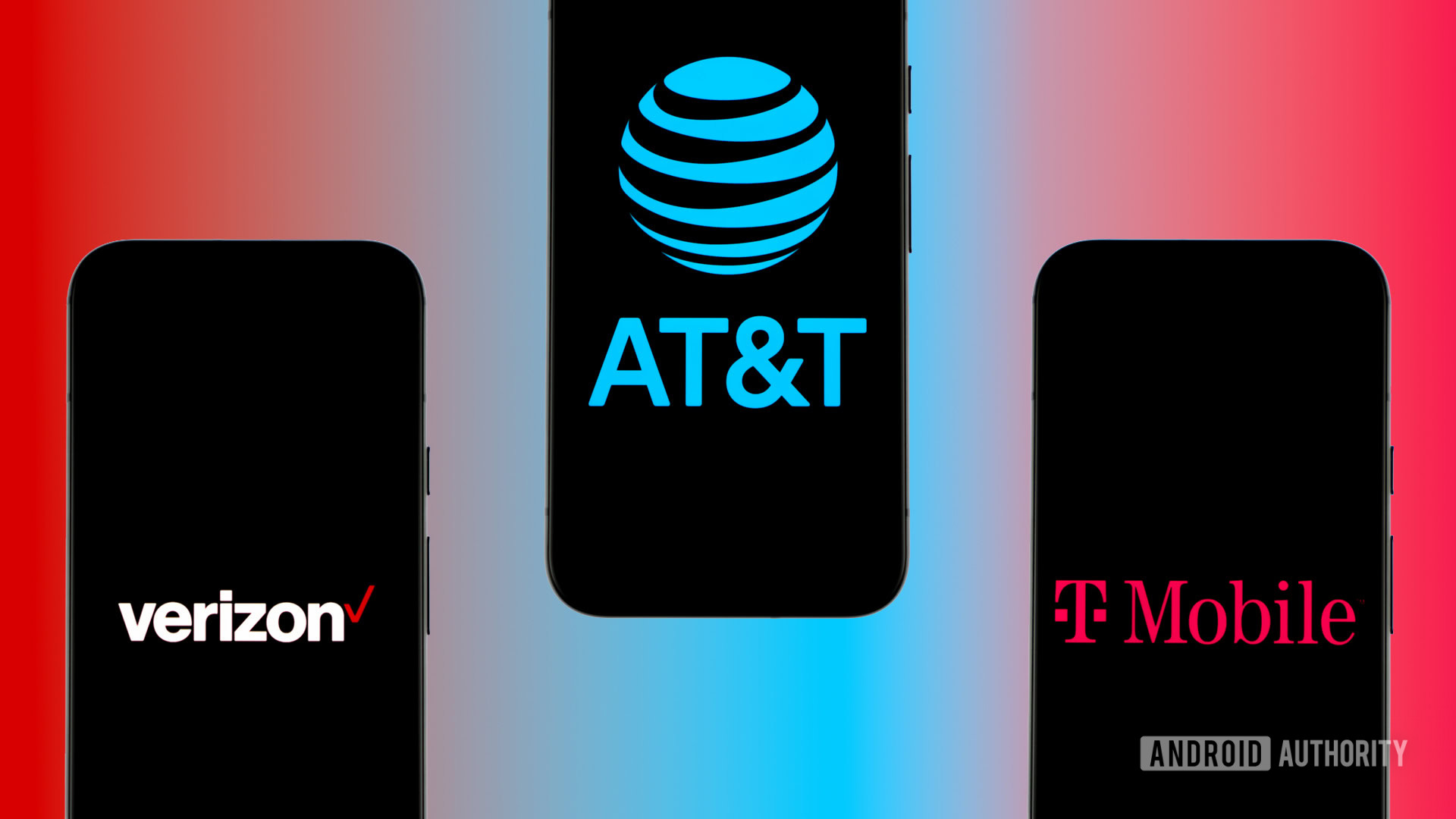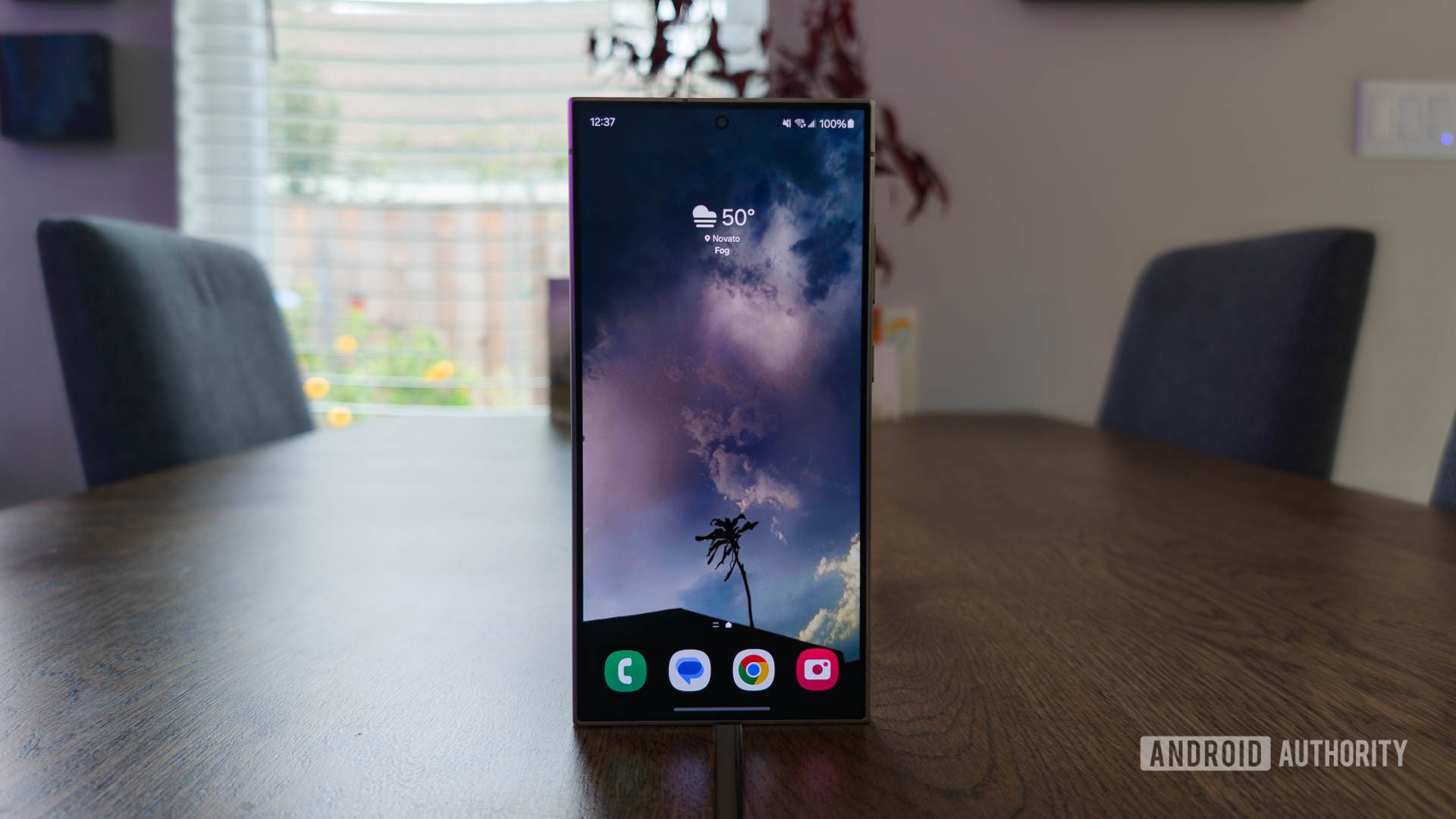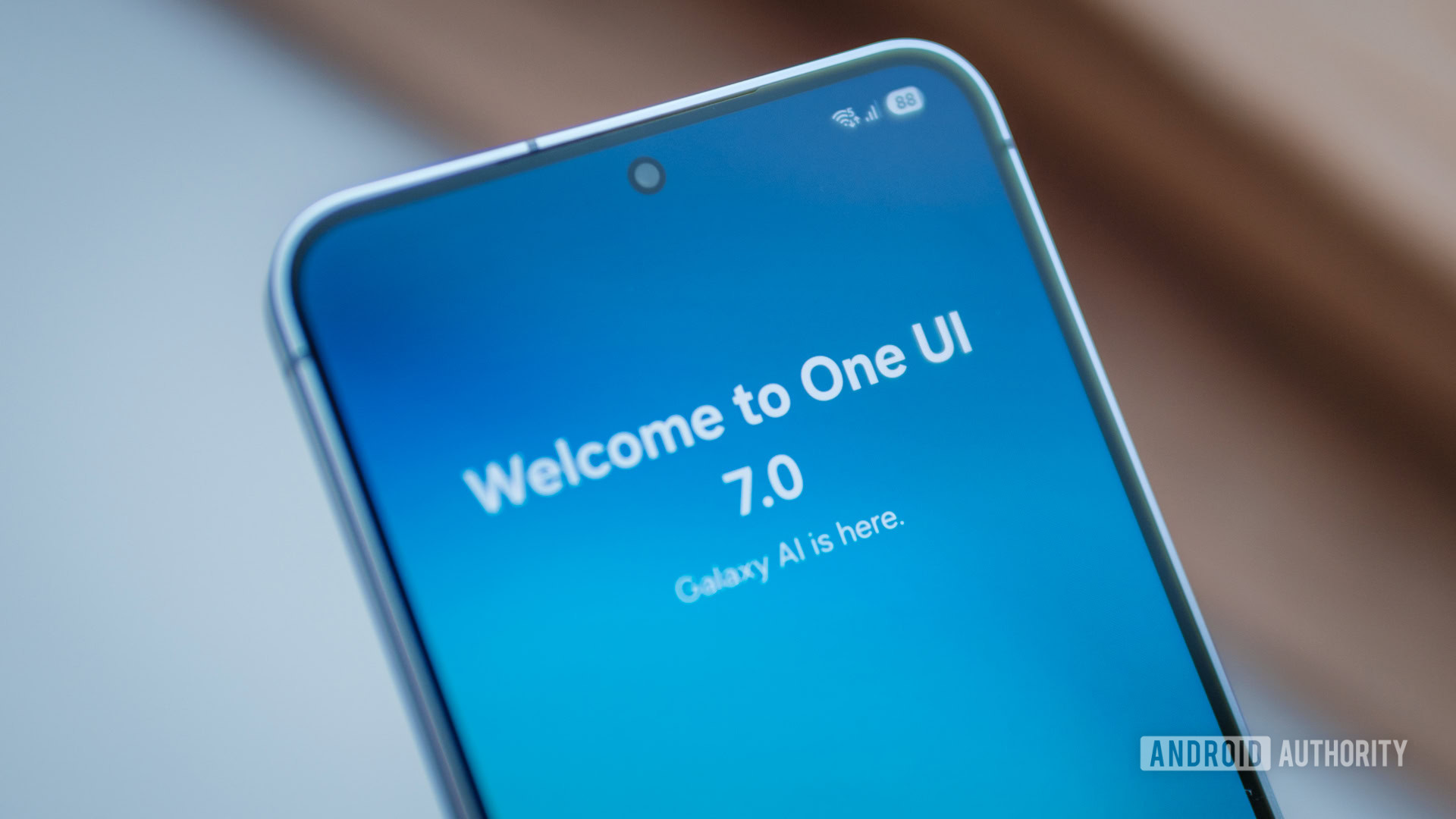
Edgar Cervantes / Android Authority
TL;DR
- A new report from Ookla claims AT&T Fiber is the fastest ISP in the United States, followed by Verizon FIOS and Cox Communications.
- On the mobile side, T-Mobile takes the lead by a decent margin on speed, though reliability and other factors are fairly similar.
- The metrics used to determine these picks vary depending on the speed testing platform involved, and so the results should be taken with a grain of salt.
Our bandwidth needs have increased significantly in recent years, with most US consumers shifting to online media consumption over traditional TV, not to mention activities like online gaming, file downloading, and video conferences. If speed is important to you, you might be curious about who currently leads the pack. According to Ookla’s latest report, it seems the answer is AT&T Fiber.
As you can imagine, AT&T was quick to brag about this victory. AT&T Fiber achieved a Speed Score of 360.85, which was 34% faster than the nearest competitor. Additionally, AT&T Fiber also scored the highest network Consistency Score in the US at 95.2%. Verizon was the next runner-up with a score of 269.47, and Cox took third with a score of 241.86. Most of AT&T Fiber’s competitors had similar consistency scores, just a few percentage points lower than AT&T Fiber.
This is a big change from the last two reports, which showed Cox Communications coming out on top. To be fair, it’s not necessarily that AT&T Fiber has magically improved recently; rather, it’s because the company previously lumped AT&T Fiber in with its other AT&T Internet offerings, such as DSL and 5G. This latest report is also a bit different because it came much later than usual. Typically, these reports are released every three months, but this time around we’re getting a report that covers the first six months of 2024.
On the mobile side, T-Mobile came out on top with a speed score of 205.98 and a consistency score of 86.6%. For comparison, Verizon scored 112.28, and AT&T scored 107.77, though their consistency scores were very similar at 83.3% and 80.8%, respectively.
It’s important to remember that these tests aren’t infallible, and every speed testing report has a slightly different way of measuring results, which can lead to differing conclusions. For example, back in May 2024, a report from Opensignal suggested Spectrum was the fastest ISP.
Generally, these reports also don’t look at the fastest plans to determine their rankings; instead, they typically base their findings on several different metrics that can vary from company to company, including average internet speeds across all plans, internet connection type, and factors like latency. Many smaller regional providers may also be left out of consideration, as an ISP must appear in at least 3% of the test data collected in order to qualify.
For its part, Ookla claims its reports are more accurate than most of its competition due to the fact that they don’t use hidden background testing like some other solutions do. You can learn more about their process in the official Ookla methodology guide on the GSMA’s website.
Regardless, while this report is a great guideline, your actual experience with Google Fiber or any ISP can vary. Even if it’s not the fastest, it can certainly be more than good enough for your needs. For example, I use Spectrum on the 500GB plan, and yes, there are faster options even on Spectrum, but I find it more than meets my family’s demands. It’s also important to pay attention to smaller regional carriers, especially those that utilize fiber, as these are often not only cheaper but also have speeds that can easily rival anything on Ookla’s report.
Got a tip? Talk to us! Email our staff at [email protected]. You can stay anonymous or get credit for the info, it's your choice.







 English (US) ·
English (US) ·